In a world overflowing with options, demands, and distractions, Greg McKeown’s book “Essentialism: The Disciplined Pursuit of Less” offers a refreshing perspective on how to focus on what truly matters. Published in 2014, this groundbreaking work advocates for a systematic discipline of discerning what is essential, eliminating what is not, and creating a more meaningful and productive life.
The Essence of Essentialism
At its core, Essentialism is about prioritizing and focusing on the vital few rather than the trivial many. McKeown argues that many people lead busy lives, often mistaking busyness for productivity. The Essentialist mindset encourages individuals to reflect on their goals, values, and what genuinely brings them fulfillment, guiding them to eliminate distractions and unnecessary commitments.
Key Insights from Essentialism
1. The Power of Choice
One of the foundational principles of Essentialism is the belief that we have the power to choose how to spend our time and energy. McKeown emphasizes that choosing not to engage in every opportunity or obligation is a vital skill. By recognizing that we are not obligated to say yes to everything, we empower ourselves to focus on what aligns with our true priorities.
2. The Importance of Clarity
Essentialism begins with clarity. McKeown urges readers to ask themselves critical questions: What is essential? What brings me joy and fulfillment? By gaining clarity on personal values and goals, individuals can more effectively evaluate opportunities and commitments, ensuring they align with their overall vision for life.
3. The Discipline of Elimination
A significant aspect of Essentialism is learning to say no. McKeown introduces the idea that saying no is not merely a rejection of requests; it’s a commitment to our own priorities. This discipline involves understanding that every yes to something non-essential means a no to something truly important. By eliminating non-essentials, we create space for the things that matter most.
4. Creating Space for the Essential
To pursue less, we must also create space for the essential. This involves simplifying our commitments and environments, reducing clutter, and streamlining processes. McKeown suggests implementing routines and systems that allow for reflection and prioritization, enabling us to focus on high-impact activities that align with our goals.
5. Embracing the Journey, Not Just the Destination
McKeown reminds us that Essentialism is not just about achieving a specific outcome; it’s about embracing a mindset of continuous growth and self-discovery. The journey of focusing on the essentials leads to a more fulfilling life, where each step is intentional and meaningful.
Essentialism POV
“Essentialism: The Disciplined Pursuit of Less” is a powerful guide for anyone seeking to reclaim their time and focus on what truly matters. In a society that often glorifies busyness, McKeown’s message is a reminder that less can be more. By embracing the principles of Essentialism—making deliberate choices, eliminating the non-essential, and creating space for what matters—we can lead more fulfilling, intentional lives.
The journey to becoming an Essentialist requires discipline and commitment, but the rewards are profound. As we pursue less, we open the door to more meaningful experiences, deeper connections, and a greater sense of purpose. In a world full of distractions, the path of Essentialism offers a clear way forward.



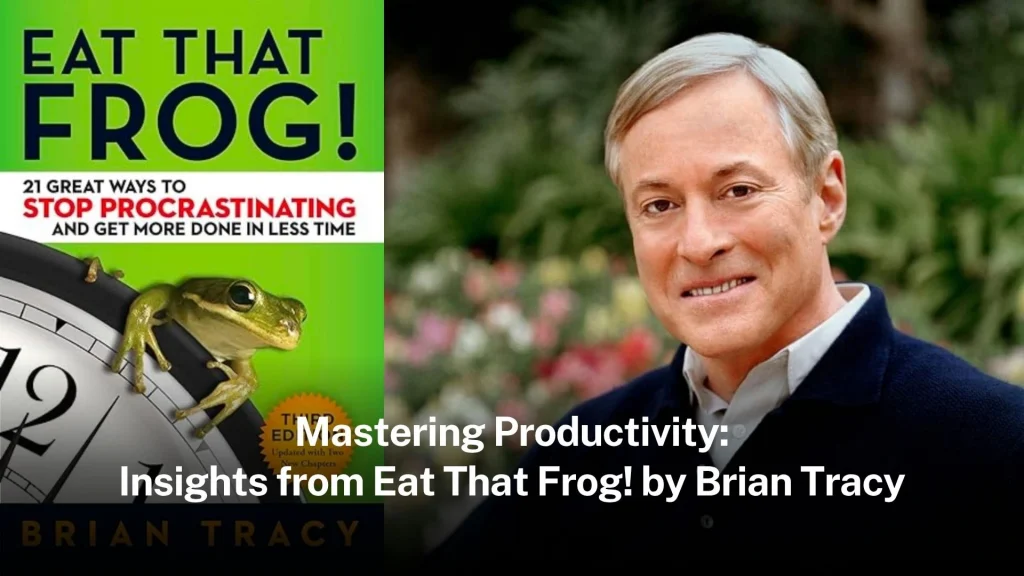
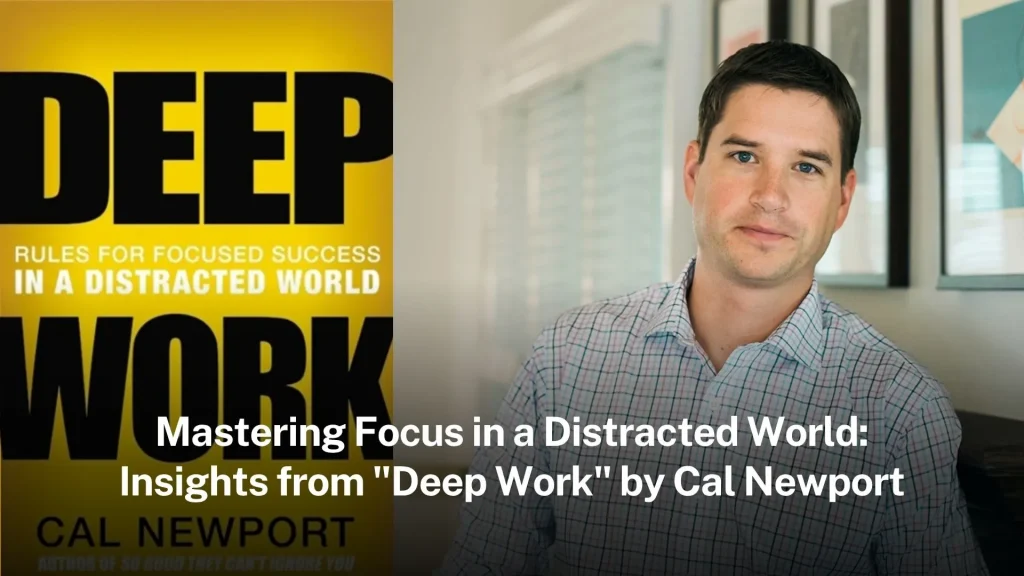
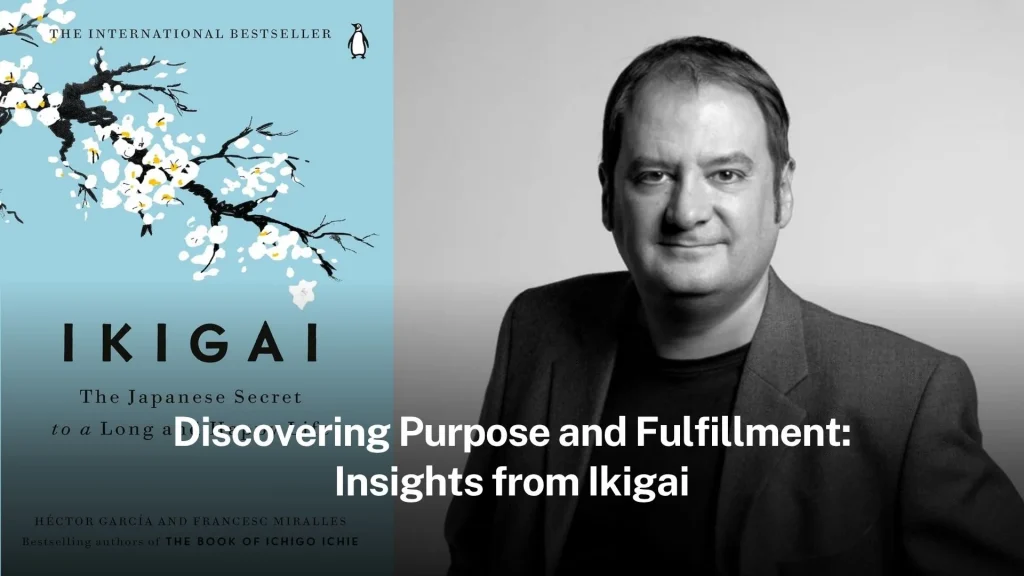
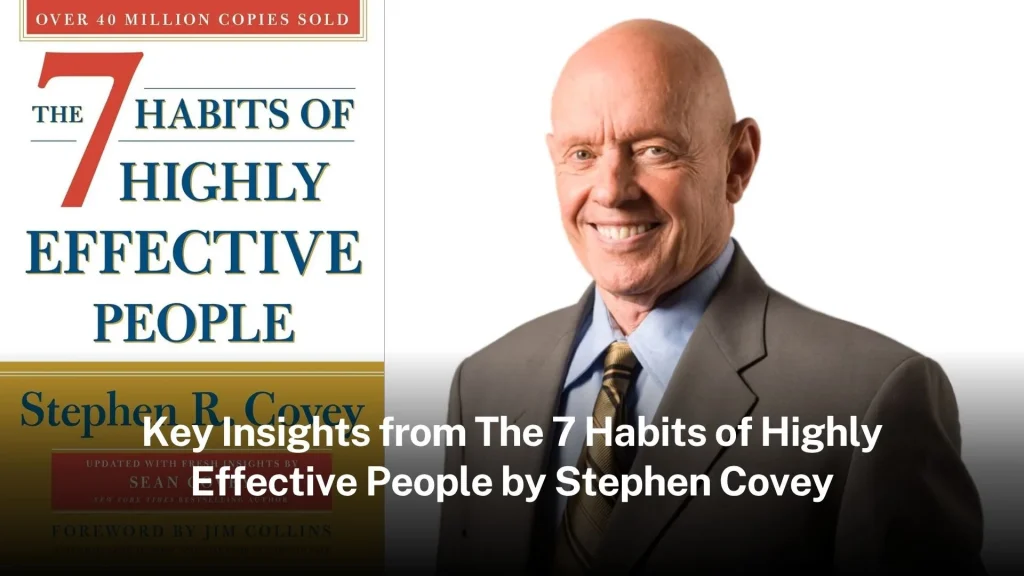

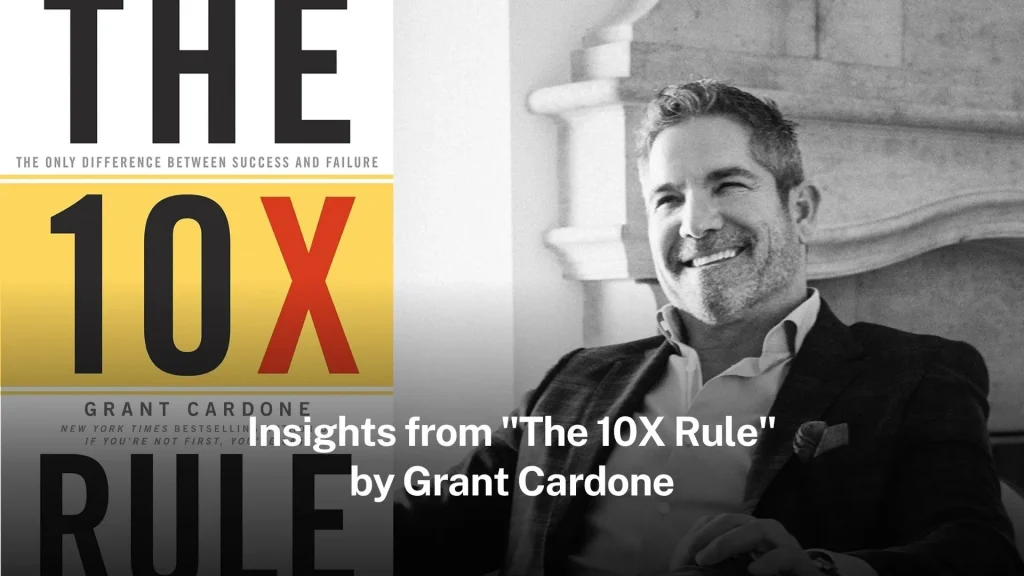
Leave a Reply